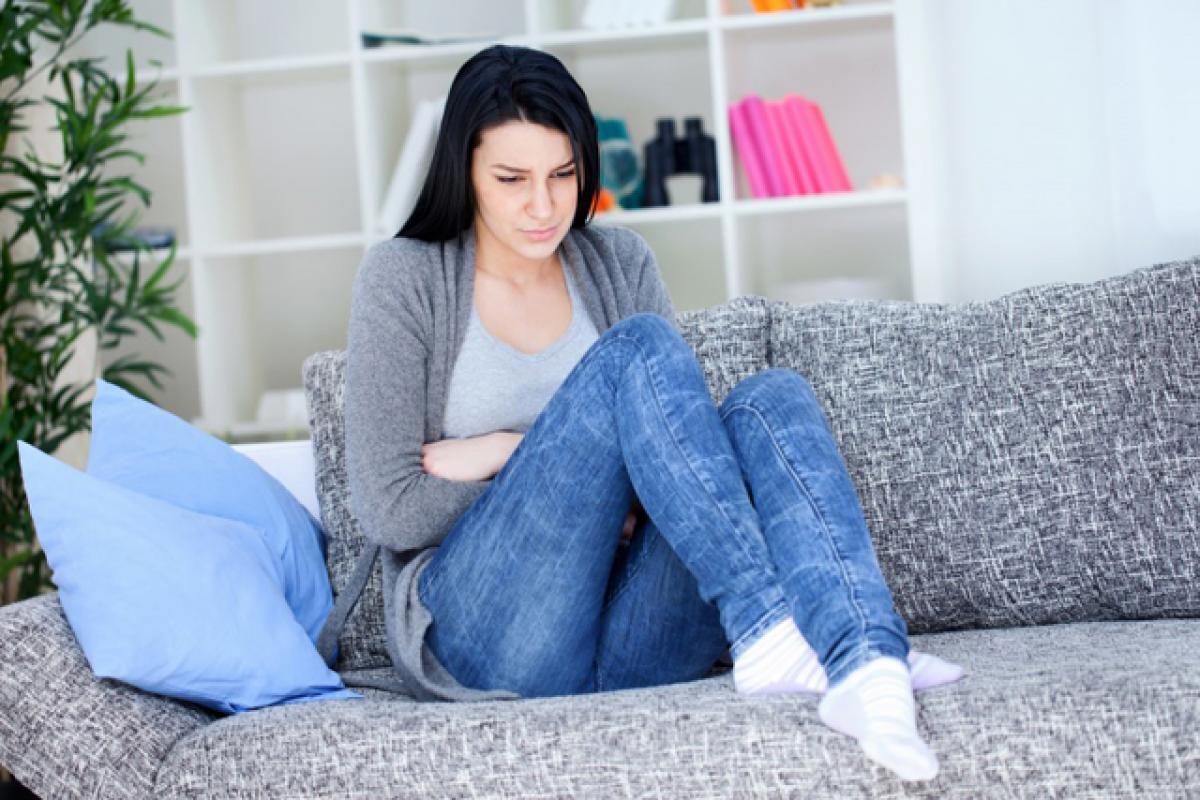5 ways to beat PMS

5 ways to beat PMS . Premenstrual syndrome (PMS) refers to physical and emotional symptoms that occur in the one to two weeks before a woman\'s period.
.jpg) Every month, about 85 per cent of women get at least one symptom, such as cramping, bloating, or general crabbiness
Every month, about 85 per cent of women get at least one symptom, such as cramping, bloating, or general crabbiness
PMS Symptoms
Note: Symptoms vary from woman to woman. You may have one or more of the following
- Acne
- Swollen or tender breasts
- Feeling tired
- Trouble sleeping
- Upset stomach, bloating, constipation, or diarrhoea
- Headache or backache
- Appetite changes or food cravings
- Joint or muscle pain
- Trouble with concentration or memory
- Tension, irritability, mood swings, or crying spells
- Anxiety or depression
Premenstrual syndrome (PMS) refers to physical and emotional symptoms that occur in the one to two weeks before a woman's period. Common symptoms include acne, tender breasts, bloating, feeling tired, irritability, and mood changes. Often symptoms are present for around six days or until period starts. Symptoms do not occur during pregnancy or following menopause.
The causes of PMS are not clear, but several factors may be involved. Changes in hormones during the menstrual cycle seem to be an important cause. These changing hormone levels may affect some women more than others. Chemical changes in the brain may also be involved. Stress and emotional problems, such as depression, do not seem to cause PMS, but they may make it worse.
Some other possible causes include:
- Low levels of vitamins and minerals
- Eating a lot of salty foods, which may cause you to retain (keep) fluid
- Drinking alcohol and caffeine, which may alter your mood and energy level
While not every woman gets premenstrual syndrome—the cramping, bloating, and general crabbiness that can strike around period time—about 85 per cent of women report having at least one symptom each month. And even though there’s no real ‘cure’ for PMS, many treatments and lifestyle changes are available to help you cut down on the discomfort.
Here are five major ways to deal with the issue
Chart your symptoms
PMS is real. But first you may need to chart your symptoms for several months to be sure that you are experiencing PMS and not another condition like depression. PMS symptoms are both physical and emotional. Chart down your symptoms for at least three months before you conclude PMSing. Choose a treatment accordingly.
Get uptight about food
A salt-heavy diet can cause bloating, caffeine can aggravate irritability or anxiety, alcohol may worsen depression, and too much sugar can destabilize your blood sugar and mood. Try to eat more fruits, vegetables, and whole grains the week before your period. And it’s not just what you eat, but how you eat. Aim to eat at regular intervals to avoid dips and spikes in blood sugar.
Focus on your stress
It is important that you get adequate rest and plenty of sleep. Try to get as much sleep as you think you need so that sleep deprivation doesn’t ratchet up symptoms. Make a conscious effort to reduce your stress level with activities like exercise, breathing, massage, mediation or yoga; which can soothe your mind and body. However, if a piece of chocolate brings down your stress, do not hesitate to indulge in one or two pieces. It’s always better to stick to what works best for you.
Consider birth control
If you’re not already using a form of birth control that you’re happy with, you might consider trying low-dose oral contraceptives, which may reduce PMS symptoms. These medicines have potential to even out hormones over the course of a cycle. Consult your doctor before popping them like candy, though.
Look into diuretics
Many women experience bloating in their hands, feet, face, or stomach with PMS. One way to combat this—if exercise and cutting back on salt don’t work—is a diuretic. These prescription drugs help the body get rid of excess water by boosting urine output. But diuretics aren’t for everyone. They can exacerbate urinary incontinence, constipation, lower blood pressure, raise potassium levels, and interact with other medications.
A simpler way would be to drink more water. It is estimated that as many as three of every four menstruating women have experienced some form of premenstrual syndrome. Still, you don't have to let these problems control your life. Treatments and lifestyle adjustments can help you reduce or manage the signs and symptoms of premenstrual syndrome.














